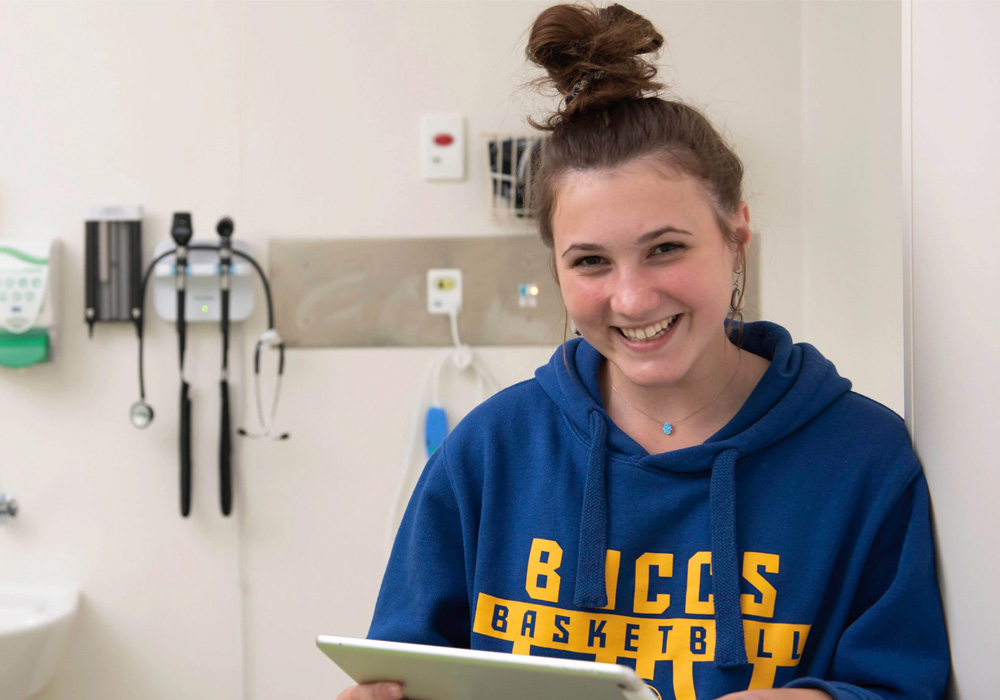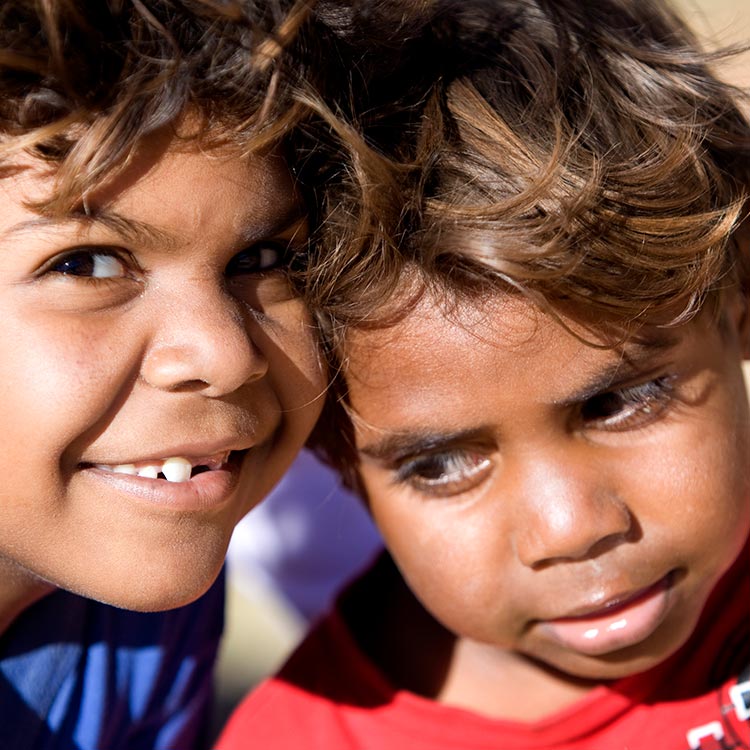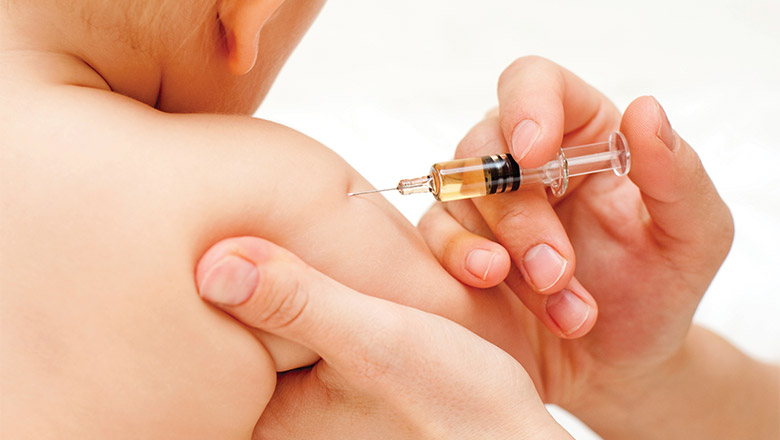Search
Research
B cell epitope mapping: The journey to better vaccines and therapeutic antibodiesB-cell epitope mapping is an approach that can identify and characterise specific antigen binding sites of B-cell receptors and secreted antibodies. The ability to determine the antigenic clusters of amino acids bound by B-cell clones provides unprecedented detail that will aid in developing novel and effective vaccine targets and therapeutic antibodies for various diseases.
Research
SMS-based interventions for improving child and adolescent vaccine coverage and timeliness: a systematic reviewThe aim of this review was to investigate the impact of short message service (SMS)-based interventions on childhood and adolescent vaccine coverage and timeliness.
Research
The impact of obesity on influenza Vaccine immunogenicity - A systematic reviewInfluenza vaccines are important for reducing the burden of influenza, particularly for populations at risk of more severe infections. Obesity is associated with increased influenza severity and therefore individuals with obesity are often specifically recommended for annual influenza vaccination. Obesity is also associated with an altered inflammatory profile, which may influence vaccine responses. This systematic review aimed to evaluate the evidence for any association between obesity and influenza vaccine immunogenicity.
Research
Children with otitis media mount a pneumococcal serotype specific serum IgG and IgA response comparable to healthy controls after pneumococcal conjugate vaccinationWe investigated the suggestion that otitis-prone children have an impaired antibody response in the context of pneumococcal vaccination.
Research
Overall efficacy of HPV-16/18 AS04-adjuvanted vaccine against grade 3 or greater cervical intraepithelial neoplasiaWe report vaccine efficacy against CIN3+ and adenocarcinoma in situ (AIS) in the end-of-study analysis of PApilloma TRIal against Cancer In young Adults.
Research
Lessons from the first year of the WAIVE study investigating the protective effect of influenza vaccineInfluenza is major cause of paediatric hospitalisation. Influenza vaccine was offered to all children aged 6-59 months resident in Western Australia in 2008
Research
Human Papillomavirus vaccination for the prevention of cervical neoplasia: is it appropriate to vaccinate women older than 26?Cervical cancer mortality has been reduced in Australia because of effective screening programs, but there are still about 800 new cases...

The Infectious Disease Implementation Research Team is a multi-disciplinary group researching the best way to implement infectious disease prevention and treatment strategies to improve the wellbeing of children and teenagers.

News & Events
Rheumatic heart disease remains a major killer in Oceania regionA new study shows that people living in the Oceania region, including Australia, have the highest risk in the world of dying from rheumatic heart disease.

News & Events
Extra whooping cough shot to protect your bubToddlers will now get an additional whooping cough vaccine to protect them against the potentially deadly disease.
